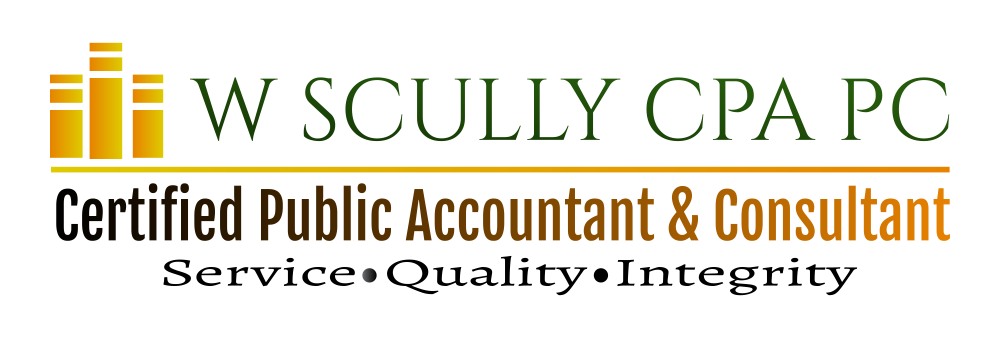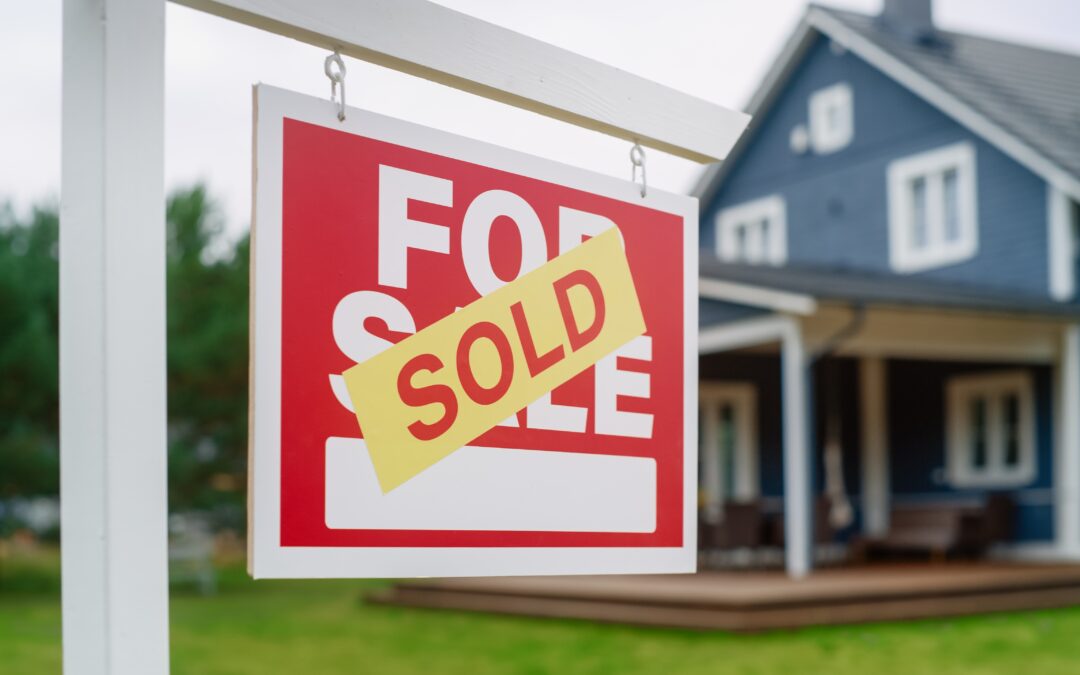Minimizing Capital Gains Tax for Jamaica NY Real Estate Pros

New York City is the mecca of the world. And, although millions of visitors flock to the city every year, not too many flock to Jamaica, NY. Thus, this is the reason our post does not speak about this part of NYC as the go-to for vacationers. Nevertheless, as a real estate investor in Jamaica, NY, you should know that the market can be competitive for buying vacation homes. But did you know that capital gains tax can take a significant bite out of your profits when selling your vacation home? Don’t let taxes eat into your hard-earned gains! Our post will walk you through some ins and outs of capital gains tax, so you can maximize your profits and make informed decisions about your investment.
First, let’s define capital gains tax. Simply put, it’s the tax on the profit you make when selling an asset, like a vacation home. The tax rate depends on how long you’ve owned the property and your income tax bracket. Short-term capital gains tax rates apply if you’ve owned the property for less than a year, while long-term rates apply if you’ve owned it for more than a year. Long-term rates are generally more favorable, so holding onto your property for at least a year can pay off.
Rental Income and Depreciation: How They Impact Your Tax Bill
If you’ve rented out your vacation home, you’ll need to report that income on your tax return. However, you may also be able to deduct expenses like mortgage interest, property taxes, and maintenance costs. Depreciation can also provide tax benefits, but it can also reduce your basis and increase your tax liability when you sell. Our experts can help you navigate these complexities to minimize your tax bill.
1031 Exchange: A Strategy to Defer Capital Gains Tax and Build Wealth
Now, have you been reading my blogs? If you have, you may recall a blog post titled, “How Jamaica Queens Real Estate Pros Save on Taxes” available here: https://wscullycpa.com/unlock-the-potential-of-jamaica-queens-real-estate/. In that post, we introduced the capital gain conversation and briefly touched on ways investors in Jamaica, NY can defer or even avoid that tax. Note: we never “evade” because that is illegal. One of the strategies we discussed is to use section 1031 of the Internal Revenue Code (IRC). That IRC helps defer taxes on the investment property or properties we sell as investors. So, if you’re looking to sell your vacation home and reinvest funds in another property, consider a 1031 exchange. This strategy allows you to defer capital gains tax and potentially build wealth over time. Learn more about 1031 exchanges here: https://wscullycpa.com/navigating-like-kind-exchanges-taxes-in-jamaica-queens/
Safeguarding Your Exchange: Avoiding Pitfalls with a Qualified Team
Here is a little more about that strategy. The number one rule is to hire a Qualified Intermediary. Why, do you ask? Because you, the investor, MUST NOT actually or “constructively” receive any proceeds from the sale of your property. If you do, the transaction is tainted, and the exchange cannot move forward. As a side note, “constructive receipt” means that even if you don’t physically receive funds, they can be counted as taxable income. Ultimately, only a Qualified Intermediary can hold on the proceeds from the sale of your investment property.
There are other important things you need to know, i.e., dates matter. Generally, you must identify your replacement property within 45 days of closing on the first. And, within 135 days of that date, you must close on the new (replacement) property. So, basically, you would have 180 days after you close the sale of your previous property to close on the new one. There are other rules, and various types of 1031 exchanges, you may want to know. But, don’t worry, our team (including Qualified Intermediaries, who are also attorneys) can help you understand the rules and requirements of a 1031 exchange and guide you through the process.
Tax Planning Strategies for Vacation Home Sales
In addition to understanding capital gains tax, there are other tax planning strategies to consider when selling your vacation home. For example, you may offset your capital gains tax liability by adding improvements to the property and deducting selling costs.
Ensure you appropriately calculate your improvements. I talk to clients about this all the time, about needing to save receipts and invoices pertaining to improvements made to their property. I know we are discussing investor properties, but this is super important for people with principal residences (i.e., homes they own and live in). And, while some investors are great at holding on to these documents, others are not so diligent about doing so. Yes. It is really important to follow this instruction to save yourself from figuring out how much you spent 10 years ago. I don’t know about you, but I have a hard time remembering what happened 10 days ago, let alone 10 years. Also, the IRS may audit you, and if you lack proof of those expenses, you may have an issue.
A cost segregation study may be useful here too. With that, the outlay of cash to complete the study is deductible. It would involve engineers, CPAs, and other professionals to ensure you abide by apt rules so you can maximize your deductions. We will talk more about this in another post. For now, just know that a cost segregation study combined with a 1031 exchange can prove very instrumental in saving you, the Jamaica NY real estate investor, thousands of dollars. Our experts can help you explore these strategies and develop a plan that aligns with your investment goals.
Conclusion:
Selling a vacation home can be a great way to generate profits, but it’s essential to understand the tax implications. At W. Scully, CPA, PC, we’re committed to helping real estate investors navigate the complexities of capital gains tax and maximize their profits. Contact us today to schedule a consultation and learn more about how we can help you achieve your investment goals.
QUESTIONS?
Are you a real estate professional and need help with your tax and accounting? I am here for you! Please contact Wayne Scully by e-mail at [email protected] or by phone at 718.938.4601.
Get a FREE! FREE! copy of Wayne’s book here: www.getmytaxbook.com.
If you are a senior, you may want to consider Reverse Mortgages as option to defer or avoid capital gains tax. Read our post titled, “Decoding Reverse Mortgage Taxes in Jamaica, NY” (hhttps://wscullycpa.com/decoding-reverse-mortgage-and-taxes-in-jamaica-ny/) to get more insight!

